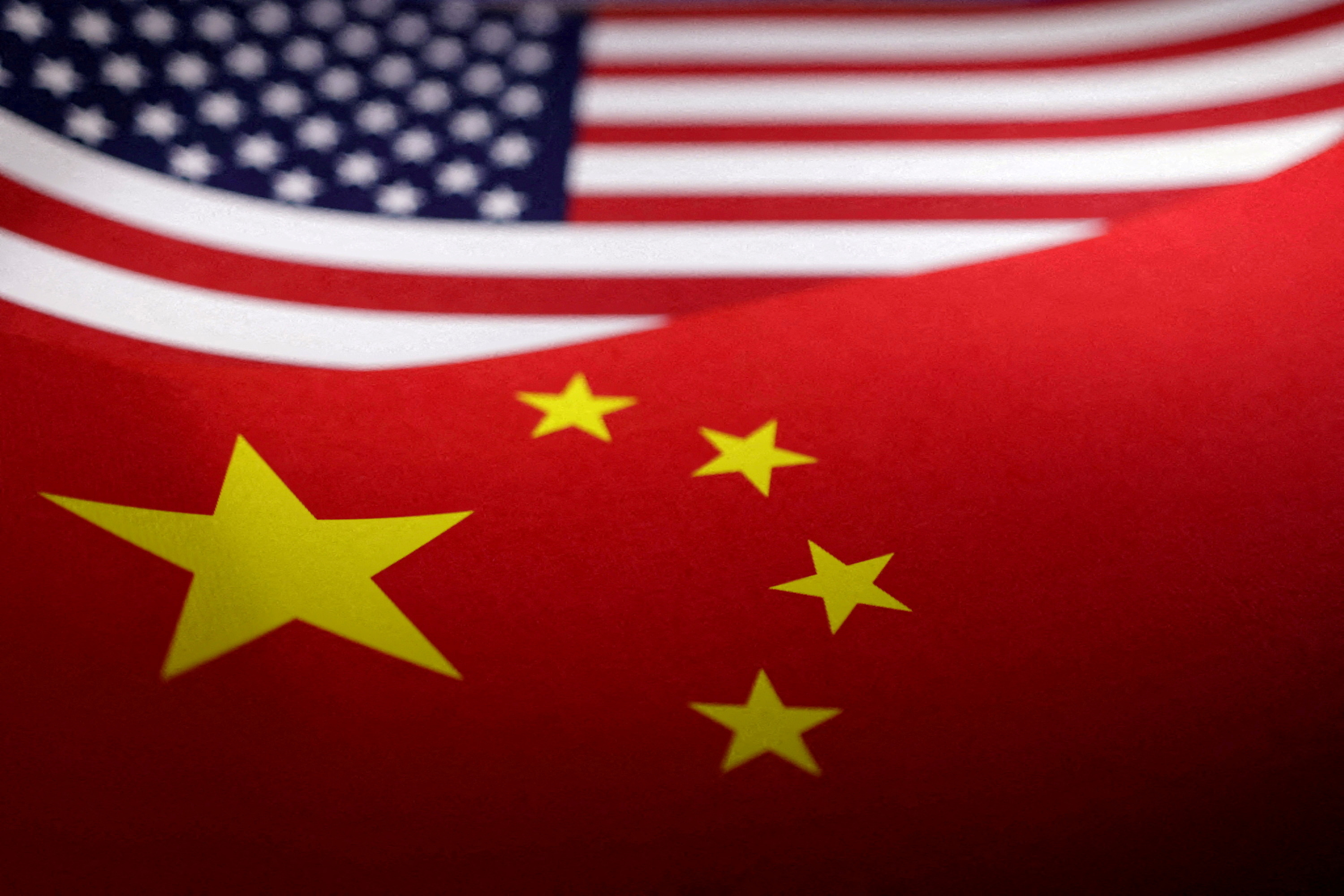On Friday, the US released proposed legislation that would prohibit or mandate disclosure of specific Chinese investments in artificial intelligence and other technology fields that could threaten US national security, according to Reuters.
Following an August executive order issued by President Joe Biden, the U.S. Treasury Department released the proposed guidelines along with a slew of exclusions for public comment. It is the responsibility of US people and businesses to decide which transactions will be prohibited or restricted under the regulations.
The executive order signed by Biden directed the regulation of specific U.S. investments in semiconductors and microelectronics, artificial intelligence, and quantum computing. This order is part of a larger effort to stop U.S. know-how from assisting China in developing cutting-edge technology and controlling international markets.
As expected, the United States is on schedule to enact regulations by year's end. The proposed rules are open for public comment until August 4.
Treasury Assistant Secretary for Investment Security Paul Rosen stated, "This proposed rule advances our national security by preventing the many benefits certain U.S. investments provide - beyond just capital - from supporting the development of sensitive technologies in countries that may use them to threaten our national security."
According to the Treasury, the goal of the new regulations is to put into place "a narrow and targeted national security program" that is concentrated on specific outbound investments made in countries of concern.
In August, the Treasury had drawn out the general outline of the new regulations. Further limitations, such as those for transactions considered to be in the national interest of the United States, were announced by the Treasury Department on Friday.
The proposed regulations would require notification of transactions related to the development of AI systems or semiconductors that are not otherwise forbidden. They would also ban transactions in AI for specific end uses and include systems trained to consume a given amount of processing power.
Focus on China, Macau, and Hong Kong
In addition, there are buyouts of country-of-concern ownership, transactions between a U.S. parent company and a majority-controlled subsidiary, binding commitments that predate the order, certain limited partnership investments, publicly traded securities like index funds or mutual funds, and certain syndicated debt financings that fall under this category.
Treasury stated that certain transactions involving third countries that were found to be resolving issues related to national security or in which the third country sufficiently resolved the issues related to national security would potentially be exempt.
The order initially focused on China, Macau, and Hong Kong, but according to US authorities, its scope may change in the future.
Laura Black, a lawyer with Akin Gump in Washington and a former Treasury official, said that although the Treasury was trying to limit the rule's application as narrowly as possible, companies looking to invest in China would need to be more cautious.
"U.S. investors will need to engage in more extensive due diligence when making investments in China or investments involving Chinese companies that operate in the covered sectors," she stated.
According to Black, certain U.S. limited partners' investments in foreign-managed funds and convertible debt, as well as U.S.-managed venture capital and private equity funds, are all at risk from Treasury's proposed regulations.
The ban, she continued, would also forbid certain investments made by American corporations in overseas countries and apply to certain Chinese subsidiaries and parents.
In addition to stock investments, joint ventures, and Greenfield projects, default debt may also be profited from upon conversion to equity.
The rules monitor limitations on exporting specific technologies to China, including prohibitions on the shipment of specific cutting-edge semiconductors.
Preventing China from using American funding to enhance its military modernization efforts in those domains is the aim.
In addition to facing potential unwinding investments, rule violators may face criminal and civil penalties.
The European Commission and the United Kingdom had started to think about whether and how to handle outbound investment risks, according to the Treasury, which also stated that it had communicated with U.S. allies and partners regarding the objectives of the investment restrictions.



























